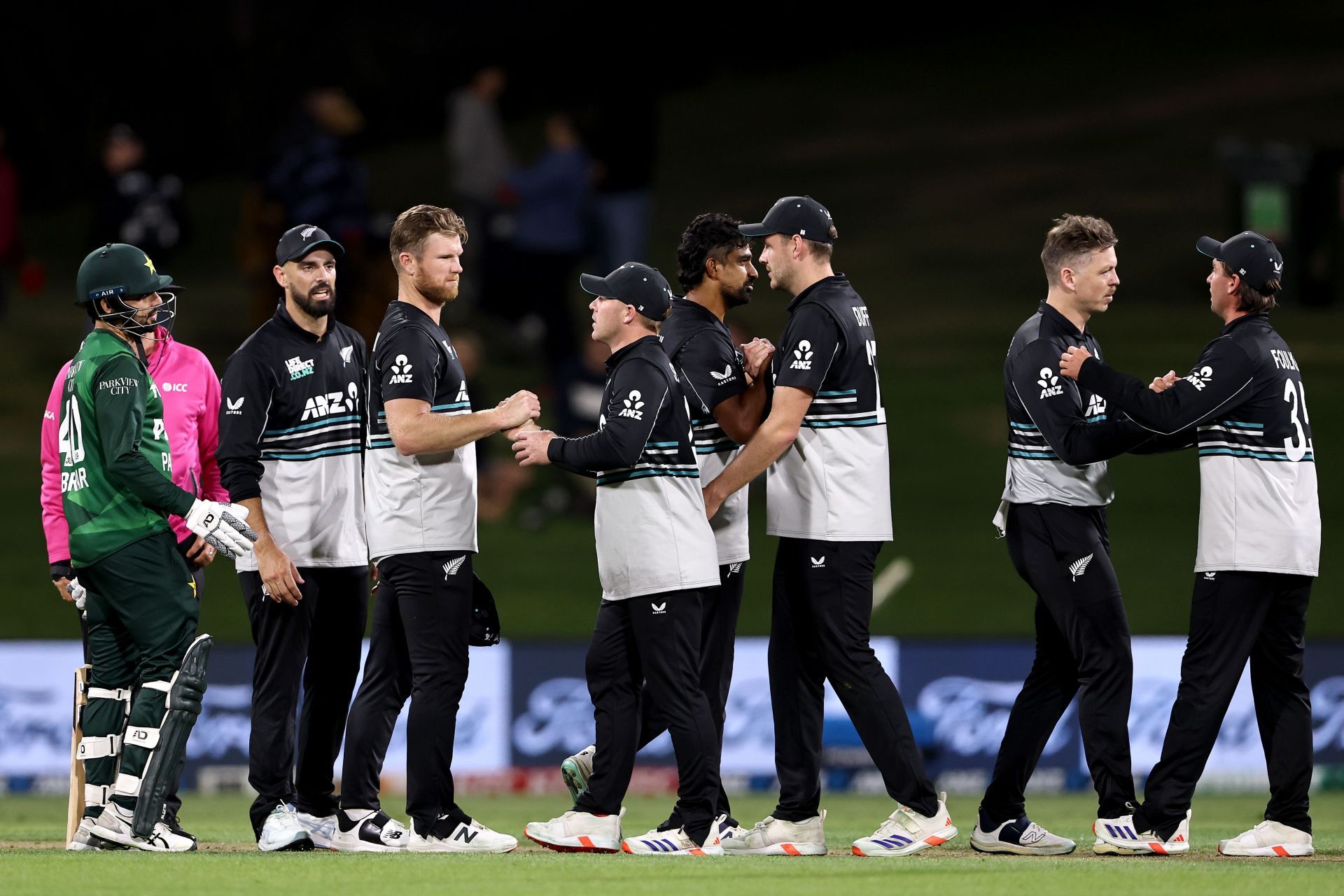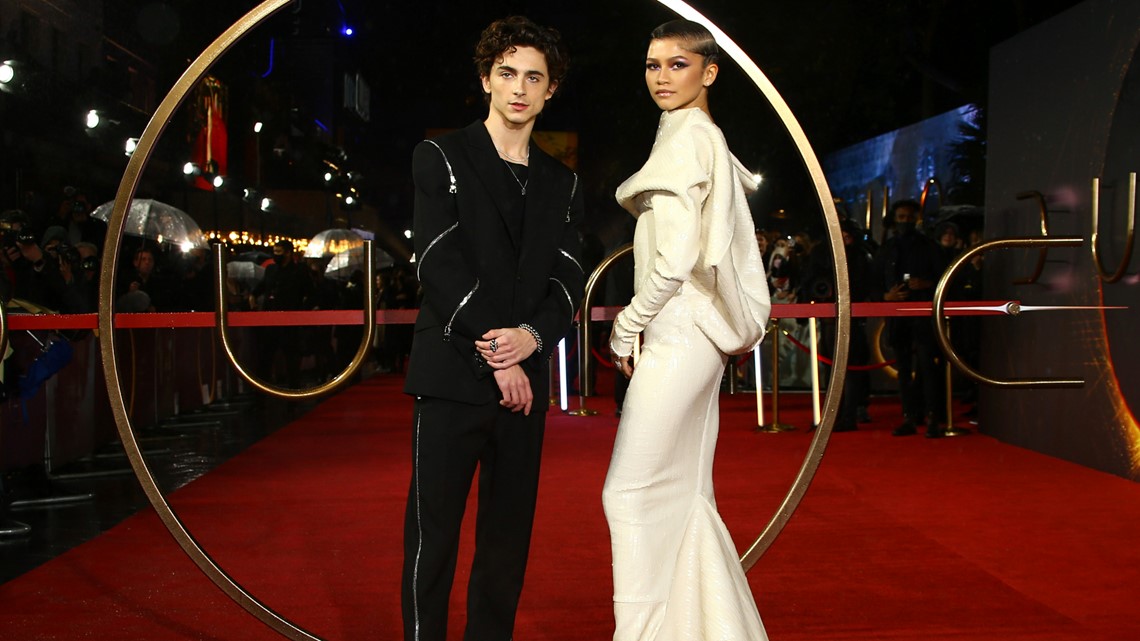We chat with the composer about the challenges director Martin McDonagh initiated and how they arrived at a whimsical sound to counter the film’s dark mood.
Searchlight Pictures
Welcome to World Builders, our ongoing series of conversations with the industry’s most productive and thoughtful behind-the-scenes craftspeople. In this entry, we chat with composer Carter Burwell about The Banshees of Inisherin and how it got its fairy tale score.
Director Martin McDonagh had to make one thing clear to Carter Burwell before he started tinkering away on The Banshees of Inisherin‘s score. There could be no “deedle-dee music.” He wanted Burwell to pull away from the obvious and seek the film’s heart, not its location or culture.
The Banshees of Inisherin is a savage yet tender depiction of two men, Pádraic Súilleabháin (Colin Farrell) and Colm Doherty (Brendan Gleeson), battling with each other as the Irish Civil War rages in the far background. What begins as a confusing dispute, at least from one person’s perspective, eventually escalates into a catastrophic division that leaves its marks on the rural community around them. Blood is shed, and souls are tested.
Burwell received the script long before McDonagh started shooting. He mulled over its vibe and thought the musical components were clear. However, those instincts were challenged in his earliest conversations with the director. When a new inspiration rolled over him, it was confirmed from an unlikely source.
“It’s about two Irishmen on an island off the coast of Ireland during the Civil War,” says Burwell. “Is there any reason it wouldn’t be Irish-y in some way, the score? And that touched some nerve in Martin. He said, ‘Oh, I hate those old-world Irish film scores.’ It clearly was something he had thought about and roundly rejected. So, that was basically the only information I had to lean from, and it was sort of a negative one.”
With the script in hand, Burwell sat at his piano and noodled. What he found at the keys were questions, not answers. With a hundred and twelve scores under his belt, he felt no anxiety during that moments. This is the process. He knows he’ll find the music once he gets the actual film in front of his eyes.
“Without any picture to put it against,” he says, “it’s hard to know. I mean, I have the script, but a script is not a film. It doesn’t tell you the look of it, especially in a film like this, where it’s frankly so emotional. There are not many words. The dialogue is mostly an accumulation of feelings, mostly bad ones.”
During this early stage, Burwell concocts a few ideas but puts them aside until the film arrives. When it finally does, he has six weeks to put something together. It’s during this period that he experiences something close to panic. The ticking clock gets louder with each passing day.
“I like to have a concept behind each score,” says Burwell. “That gives me someplace to go. Otherwise, every scene just presents some new problem. I don’t want to just write the music to go along with the movie. That’s one way people might think that film music is written, but that’s not what I do.”
Looking back through Carter Burwell’s filmography, you can see his concepts standing tall above his various scores. The music in True Grit is based on 19th-century Protestant hymns, which extend from the righteousness of the young lead, Mattie Ross. In Raising Arizona, Burwell riffs on old-time westerns elevating the high stakes of his trailer park heroes. Burwell struck inspiration as he zeroed in on what would become the score for The Banshees of Inisherin.
“It was when I was reading to my daughter from Cinderella,” he says. “We got to the part where the stepmother instructed her daughters to cut off parts of their feet so they’ll fit in the slipper. I thought, ‘This reminds me of something I’m working on!’ The idea of treating [Banshees] like a fable and keeping with the celeste, and the harp, and metallic instruments, these sort of floaty bell-like sounds, that against the somewhat gruesome goings on in the film would make it less physically real. You might read the film a little bit more like a fable, a little bit more like a fairytale.”
McDonagh and Burwell don’t want their audience to recoil from what’s happening on screen. The bloody actions between Pádraic and Colm are not designed to repulse. They’re there to accentuate the profound pain bubbling within them. The Banshees of Inisherin excavates a raw, sore emotion.
“This is not about two guys going to war with each other,” says Burwell. “In Three Billboards, we wanted it to seem very real. The violence there, when Mildred goes to war, had to be real. In this, it’s not really about that. It would be cool if you could view it a little more allegorically. Then, you’re not totally disgusted by what Brendan Gleeson’s character is actually doing.”
Burwell does not describe this moment reading Cinderella to his daughter as a revelation or an unlocking moment. Instead, the Grimm fairy tale merely prodded him along, affirming what he already sensed. The bedside moment was encouragement.
“Music is so abstract,” he says. “Sometimes it’s a little hard to say what’s right and what’s wrong. What’s rational, and what’s not rational? But when you have a little reason to go along with your feelings, and in this case, I sort of now had a reason to think that this was the right approach, it does help you. It gives you confidence.”
Despite composing all five of McDonagh’s features, Burwell sees few associations between them. Their process remains fairly the same. There are the initial conversations, and the first time they get into a room together and spot the film, where they figure out how the music will connect with the images. Mostly, they work apart from each other, and how they get to the result is never identical.
“If you think of our last one,” says Burwell, “Three Billboards, they’re really very different films. Our process is similar. He lives in London; I live on the east coast of the United States. We’re not ever in the same room. With this one, we managed to spot it in the same room at least. I think we did that with Three Billboards too. We were together once before recording. But, still, the films are really very different. What they need musically is very different. I don’t find that much similarity, even though it’s the same filmmaker. I don’t find that what I write or that the concepts have anything in common, honestly.”
Carter Burwell’s score for The Banshees of Inisherin lifts the film beyond its trappings. Where the script, the cinematography, the production design, and the actors deeply root the narrative in a famously recognizable setting, the music invites universality. It’s not a bridge, but a door, with a big wide welcome mat at its base.
“The film is so specific,” says Burwell. “You know you can’t be anywhere else but Ireland. It’s so beautiful. The landscapes, the interiors, everything is very specific. And the music allows it then to become nonspecific, become more of an allegory, or however you want to take it as a viewer. It allows you to take the story out of that physical context a bit.”
The audience may have never set foot on this island or lived through the Irish Civil War a hundred years ago, but Burwell’s work is the shortcut they take to connect to the emotional reality. He makes Pádraic and Colm’s hurt a shared endeavor, one their viewers will carry with them out of the theater and into their own relationships. Recalling the film could save some heartache.
The Banshees of Inisherin is now playing in theaters.
Related Topics: Film Music, martin mcdonagh, World Builders

Recommended Reading
















